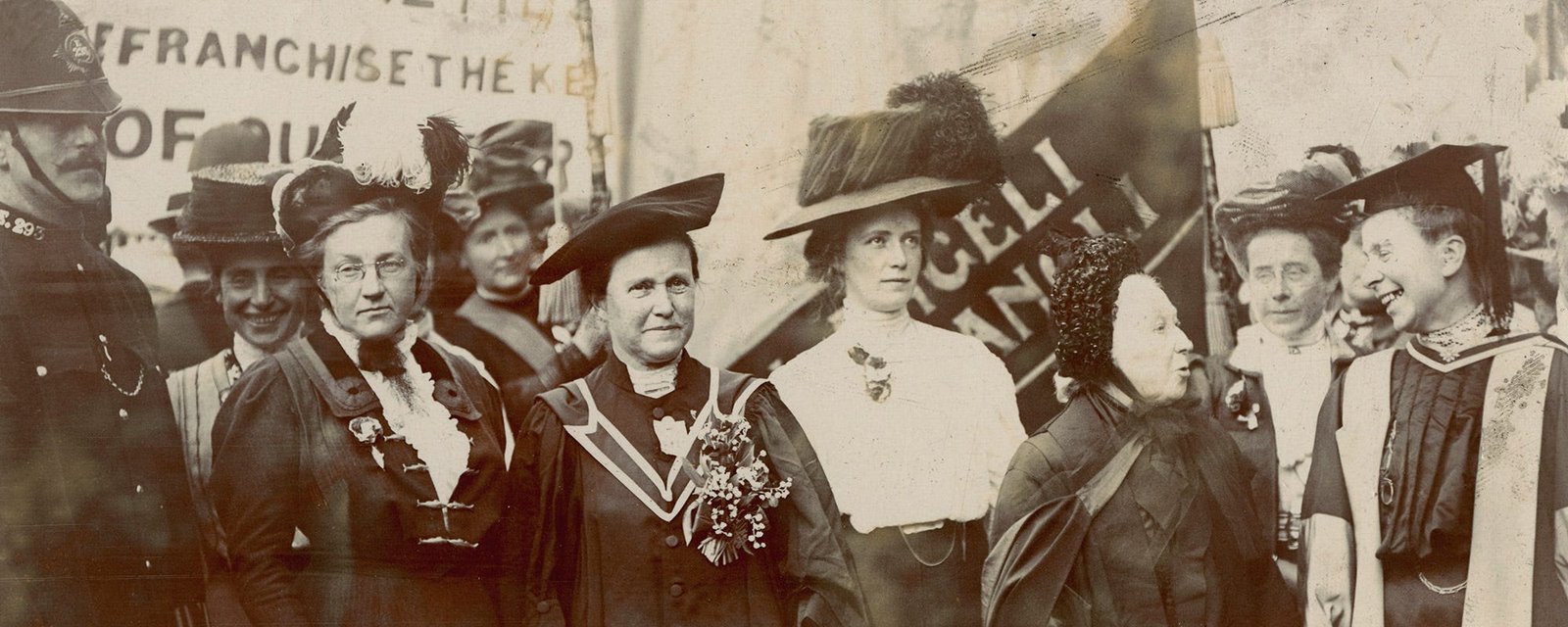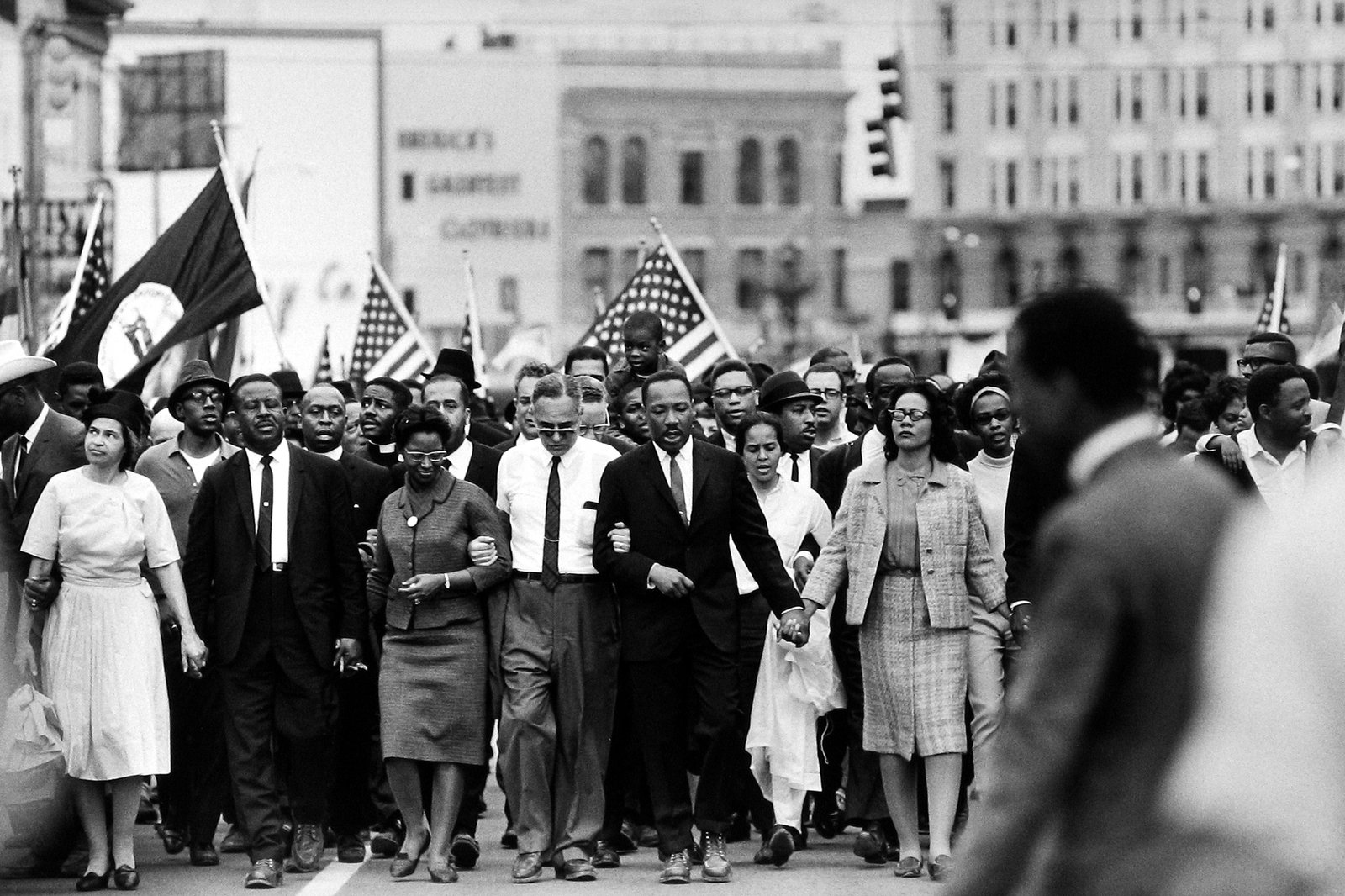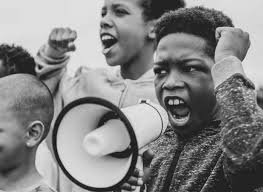Throughout history, social justice movements have shaped societies, challenged oppression, and pushed for equality. These movements, often led by passionate individuals and communities, have paved the way for significant societal changes. This article highlights some of the most impactful social justice movements and their enduring legacies.
1. The Abolitionist Movement (18th–19th Century)
The abolitionist movement fought to end slavery, a practice that dehumanized millions. Activists sought to abolish slavery through legal reforms, advocacy, and public awareness campaigns.
Key Achievements:
- The abolition of slavery in Britain (1833) and the U.S. (1865).
- The rise of influential leaders like Frederick Douglass and Harriet Tubman.
- Increased global awareness of human rights abuses.
2. The Women’s Suffrage Movement (19th–20th Century)
Women’s suffrage advocates demanded voting rights for women, challenging systemic gender discrimination.
Milestones:
- The 19th Amendment granting U.S. women the right to vote (1920).
- New Zealand becoming the first country to grant women voting rights (1893).
- The foundation for modern gender equality movements.
3. The Civil Rights Movement (1950s–1960s)
Focused on ending racial segregation and discrimination in the U.S., the civil rights movement aimed to achieve equality for African Americans.
Notable Accomplishments:
- The Civil Rights Act of 1964 and the Voting Rights Act of 1965.
- Landmark events like the Montgomery Bus Boycott and the March on Washington.
- Influential leaders such as Martin Luther King Jr. and Rosa Parks.
4. The LGBTQ+ Rights Movement (1960s–Present)
The LGBTQ+ rights movement advocates for equal rights and acceptance of LGBTQ+ individuals.
Key Moments:
- The Stonewall Riots (1969), sparking the modern LGBTQ+ rights movement.
- Legalization of same-sex marriage in many countries, including the U.S. (2015).
- Ongoing battles for transgender rights and workplace protections.
5. The Environmental Justice Movement (1970s–Present)
Environmental justice focuses on addressing the disproportionate environmental impacts on marginalized communities.
Achievements:
- Increased regulations to prevent environmental discrimination.
- Global climate change initiatives, such as the Paris Agreement (2015).
- Advocacy groups like Greenpeace and Fridays for Future.
6. The Anti-Apartheid Movement (1948–1994)
The anti-apartheid movement fought to end institutionalized racial segregation in South Africa.
Milestones:
- The release of Nelson Mandela (1990) and the end of apartheid laws.
- South Africa’s first multiracial elections (1994).
- A global solidarity network that highlighted racial injustices.

7. The Disability Rights Movement (1970s–Present)
This movement advocates for the rights and inclusion of individuals with disabilities.
Key Successes:
- The Americans with Disabilities Act (1990) in the U.S.
- Increased accessibility in public spaces and transportation.
- Greater representation and inclusion in media and workplaces.
8. The #MeToo Movement (2017–Present)
The #MeToo movement highlights sexual harassment and assault, empowering survivors to speak out.
Impact:
- Widespread awareness of workplace harassment.
- Significant policy and organizational changes in industries.
- Global solidarity among survivors of sexual violence.
Conclusion
Social justice movements have been instrumental in shaping a more equitable world. From abolishing slavery to fighting for gender equality, these movements highlight the power of collective action. Understanding their histories inspires ongoing efforts to address injustices and build a fairer future.
By remembering these movements, we honor the courage of those who fought for justice and continue their legacy of progress.




